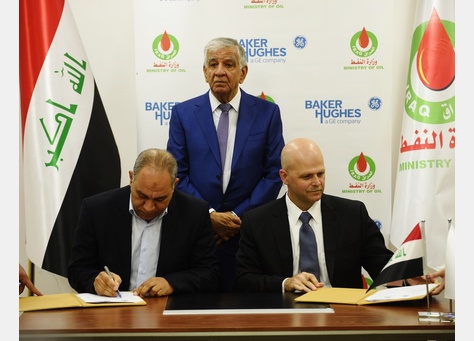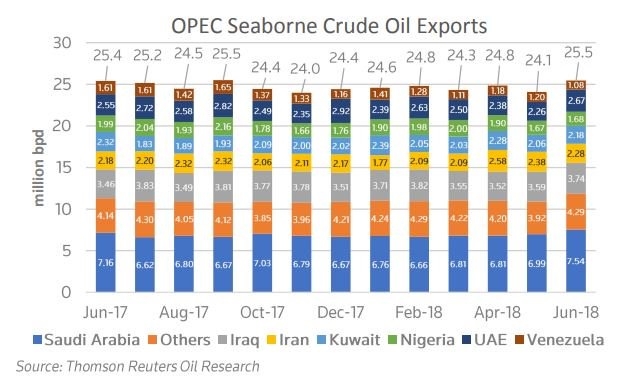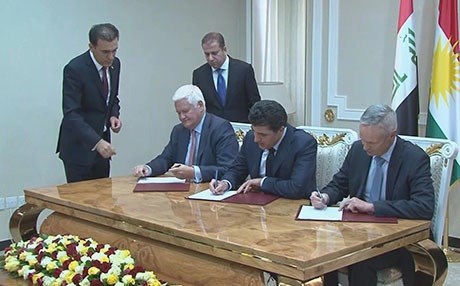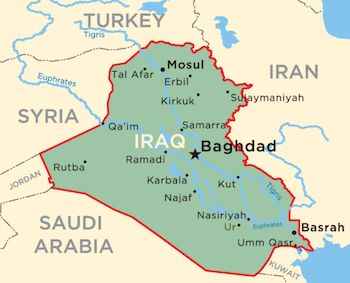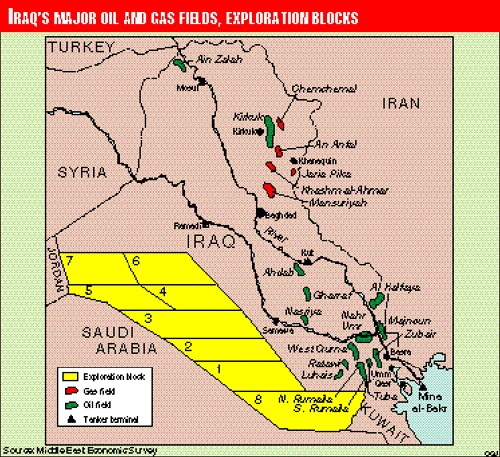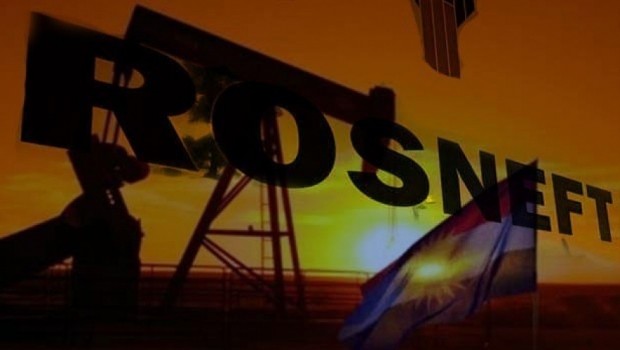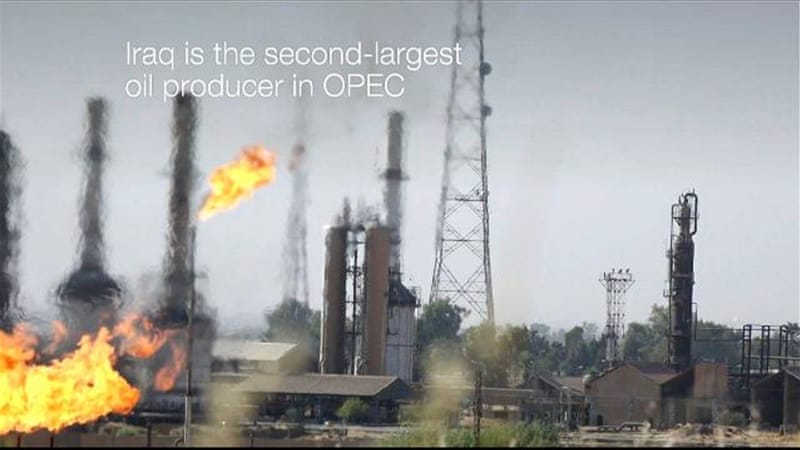Baker Hughes, a GE company has been awarded a contract by the South Gas Company of Iraq (SGC) for fast-track solutions to help the recovery of flare gas for Nassiriya and Al Gharraf [Garraf] oilfields. The importance of the project was highlighted by the attendance of several high-level officials, including HE Jabbar Al-Luaib, the Minister of Oil of Iraq, at the agreement-signing ceremony.
As per the agreement, BHGE will develop solutions for flare gas recovery at Nassiriya and Al Gharraf oilfields using advanced modular gas processing (NGL) technology developed in the United States and Italy. The project will utilize the modular skid-mounted Gas Processing technology to build 200 million standard cubic feet per day (MMSCFD) NGL plant and is expected to be completed by 2021.
The project will support the development of a fully integrated natural gas liquid (NGL) plant at Nasiriya that will recover 200 MMSCFD of dry gas, liquefied petroleum gas (LPG) and condensate.
The modular solution will support power plants with dry gas for efficient power generation, thus helping meet the growing demand for electricity using clean fuel. It will also contribute to curtailing the amount of gas flared in the fields of Nassiriya and Gharraf that otherwise goes to waste.
The advanced technology used to develop the plant will help produce more than 1,000 tons of LPG per day and recover more than 900 cubic meters per day of condensates, which will help to meet the domestic demand for cooking gas.
The surplus LPG and condensate will be exported, generating high revenue to the Iraqi government. Contributing to the social and economic development of Nassiriya, the project is aligned with the vision of the Ministry of Oil and the government.
H.E. Jabbar Ali Al-Allaibi, Iraq’s Minister of Oil said, that this project is important achievement for the Ministry and marks the entry of a new phase for the sector, highlighted by time optimal utilization of flare gas, which is a major milestone in the government’s extensive efforts to drive a better future for Iraq.
H.E. also highlighted the prominence of this project for the province of Dhi Qar specifically and for Iraq in general adding that BHGE will provide it latest and advanced technologies and solutions to optimize the use of flare gas at the Nassiriya and Al Gharaf oilfields recovering 200 MMSCFD of dry gas daily.
Rami Qasem, President, MENAT & India, BHGE, said:
“As a local trusted partner to Iraq, BHGE is bringing advanced technologies and solutions that can help meet the Ministry’s goals for the industry. This contract is a testament to our continued commitment to supporting the Ministry of Oil’s strategic goals by deploying advanced flare gas solutions to build the country’s oil and gas infrastructure. The project will create more than 500 direct and indirect jobs for Iraqis, build local capabilities and strengthen the local supply chain.”
BHGE is the first and only company in the world to provide a fullstream offering covering products, services and digital solutions for the oil and gas sector, from upstream, to midstream to downstream.
BHGE has been a committed partner to Iraq for more than 50 years, with three offices in Iraq – Baghdad, Erbil and the Basra – and more than 350 employees in country, BHGE continues to deliver its latest technology and expertise to its local customers.
(Source: Baker Hughes)



